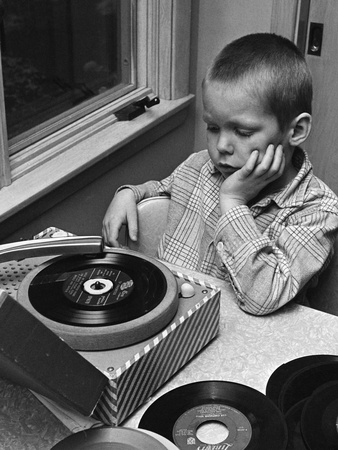From the New York Times:
Disciplinary problems at a school in Derby, Britain, have dropped by about 60 percent since the school began piping classical music into a detention room for troublesome students, the Canadian Broadcasting Corporation reported. But music lovers are complaining that the school is alienating students from the music of Mozart, Ravel and other giants. Brendan O’Neill, author of a recent essay, “Weaponizing Mozart” in Reason Magazine, told the CBC that the school was “using great achievement to whack people across the head.” The headmaster, Brian Walker, said the music has relaxed his students. “I am sure that, with some of them, sitting in silence listening to the music lets them reflect more about the reasons they are in detention,” he told The Daily Mail.
I can certainly understand the desire of schools and teachers to take advantage of the research in classical music to keep classrooms under control, and I can certainly understand the desire of classical music aficionados not to have Mozart associated with bad things like detention. However, I don’t believe that listening to Mozart or any other classical music in detention amounts to “whack[ing] people across the head.” We saw that in the movie A Clockwork Orange, and yes, that was using classical music as a weapon (the United States military also tried weaponizing music a while back, playing raucous music at a loud volume to a certain opera-loving dictator).
What’s the compromise? How about more exposure to classical music in more pleasant circumstances, such as giving children instruments and teaching them how to make music with them? How about a nice quiet time in the classroom, listening to excerpts from great music, and talking about the music and its place in history: who composed it, why, where, when, and some of the technical details? Oh, wait . . . that’s music education. One has to wonder if disciplinary problems have risen since the schools cut music education from the curriculum.
